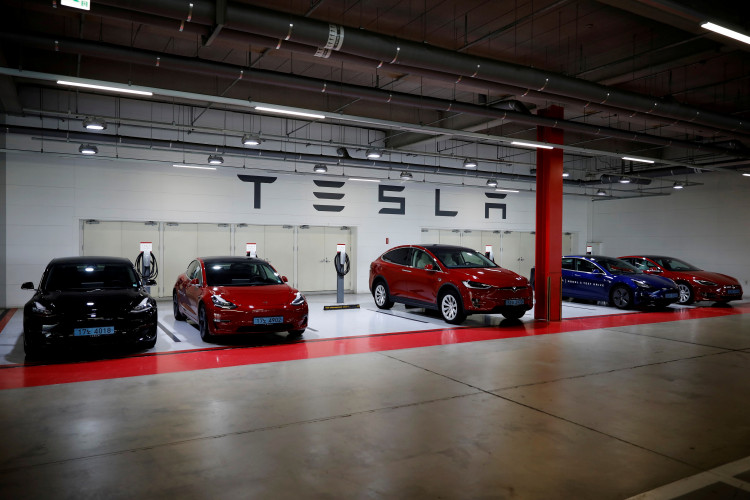Tesla has set the Battery Day on September 22 but already Elon Musk is working up on the things to expect at the event. One sure thing that the company CEO promises is the imminent development of a more powerful battery that could potentially energize not only electric vehicles but also electric airplanes.
In a recent social media post, Musk claimed that his firm is nearing the completion of batteries that can provide longer range and longer lifecycles as well. By his calculations, the Tesla chief said these powerful energy solutions will become commercially available in three to four years.
And most importantly, these batteries will be mass-produced to ensure the stability of supply and possible affordability.
CNET said Tesla's new battery technology will boast of a 400Wh per kilogram rating, indicating an energy density that can deliver up to 50% more electric power. Theoretically, this is the same energy density that will be a good start for engineers to run an airplane on battery power but the actual use will still require tons of work.
And to support the claims from Musk, Tesla made public an image that showed a pattern of dots in linear formation, thus fueling talks of a breakthrough that the automaker plans to unveil in time for the Battery Day.
Citing experts from South Korea, Reuters said the picture seemed to point to the development of "a silicon nanowire anode." The technology, if indeed achieved by Tesla, will allow the manufacture of batteries with increased density and longer battery life.
In connection to this innovation, Panasonic confirmed that work is now underway to boost the capacity of the batteries that the company produces. The Japanese firm is a major supplier of batteries to Tesla.
However, Panasonic also clarified that the batteries for use on Tesla products will only provide increased energy of up to 20%, and the units will only be commercially over the next five years.
In addition to this, another Tesla project involves China's Contemporary Amperex Technology Ltd (CATL) that is tasked by the U.S. company to produce batteries for the Tesla Model 3 sedan. The units are set for release in 2021 at the latest and the chief aim is for the power packs to deliver a range of up to one million miles.
These are the concrete examples of Tesla's ongoing efforts to further improve the battery capacity of the EVs that the company has already launched and will be launching over the next few years.
Tesla has earlier pulled the wraps off the Semi, the Cybertruck, the Roadster, and the more affordable Tesla Model 3 hatchback, and all are envisioned to start hitting the road over the next three to four years. However, there is no mention yet if a Tesla electric airplane is already in the works given that the batteries to power a flying unit appeared to be nearing completion.






